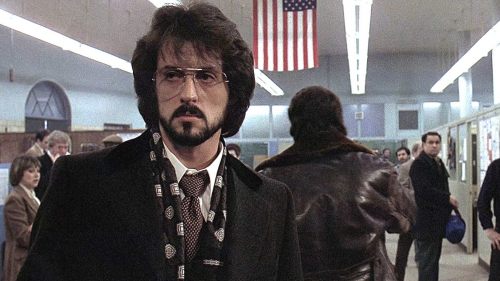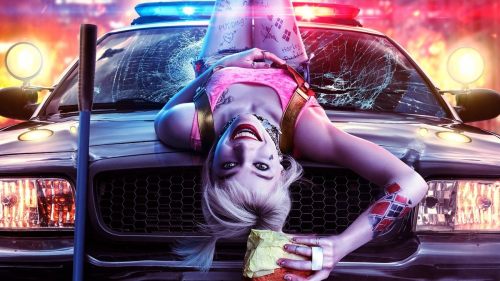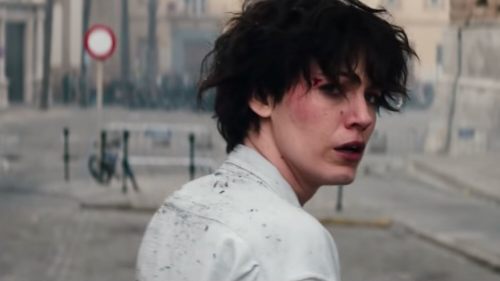DIFF Review: THE FUTURE (Il Futuro)
The Future (Il Futuro) opens as a convertible speeds down a winding road, one cigarette-slipping hand flung over the door. A throaty voice informs us that she is now a married woman and a mother, "but not that long ago I was a criminal." The scene calls back Beatrix Kiddo in her Karmann Ghia, or any number of film noirs that scene references in turn. Exploitation-style credits bring us into the heart of this maddening, obscure, beautiful film.
Chilean filmmaker Alicia Scherson directs the Italian-language movie adapted from Roberto Bolaño's novel Una Novelita Lumpen, a film with fleeting themes and tones, as mercurial as adolescence itself. Bianca and Tomas are newly orphaned, living a rote existence in their parents' Roman apartment. Bianca gets a job washing hair at a salon to provide for her younger brother, who skips school to go to the gym and expels tremendous effort to steal scrambled porn. Tomas brings home two muscled brothers (or "brothers") from the gym, who defy expectations by keeping the place tidy and cooking lasagna and spinach for the siblings.
After The Future's pulp crime opening, the script lulls us into an impenetrable world of science fiction. Tomas informs Bianca that their parents' accident released so much energy it modified the universe. Their car, once yellow, is now grey. Daylight never fades, even at midnight. The light was always there, Tomas tells Bianca - we're only now seeing it.
As Bianca, Tomas and the muscle twins settle into something of a routine, The Future does too. But soon the brothers tell Bianca they have a plan, and they need her help. A blind former B movie star only called Maciste lives alone in a mansion. Bianca is to cater to his sexual whims, gain his trust and find where he has hidden his legendary fortune. Too long into the film we meet our Maciste, our Hercules: a stooped but still striking Rutger Hauer. As Bianca spends more time with Maciste, she grows enamored of their arrangement. He slathers her in oil and prepares her sandwiches and makes her feel safe, wanted. Significant.
The Future then skips into a show of fidelity to the old Maciste and Hercules films from Italy in the 1920s and '60s. Bianca is in awe of Maciste's past, growing increasingly attracted to the old man he has become. This is a movie that is several movies, or perhaps a few movies and a few plays bound together. Scherson's film is narratively hypnotic and visually dynamic, but at the end we're left with a feeling that isn't quite satisfaction. The Future challenges us and darts out of grasp just when we think we've gotten it, but a day later and I can't stop thinking about it.



